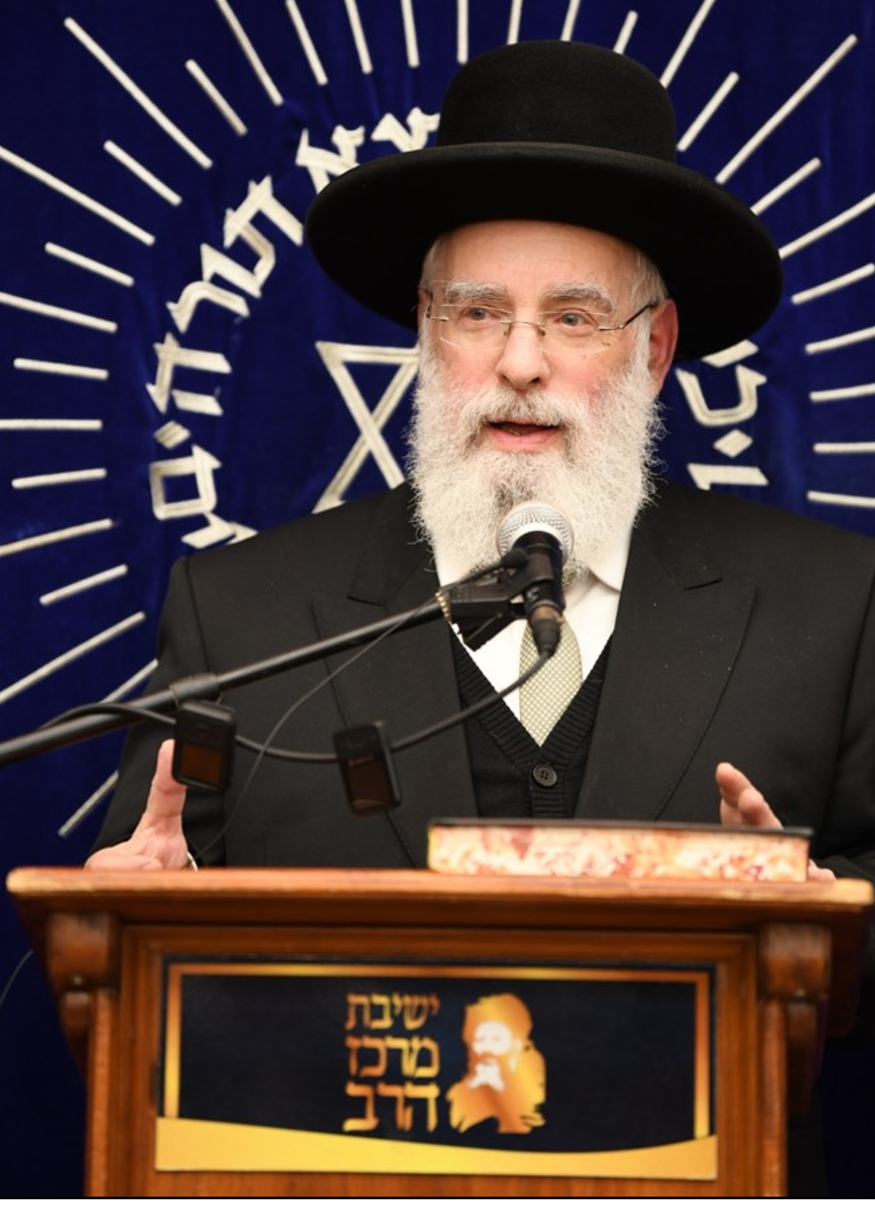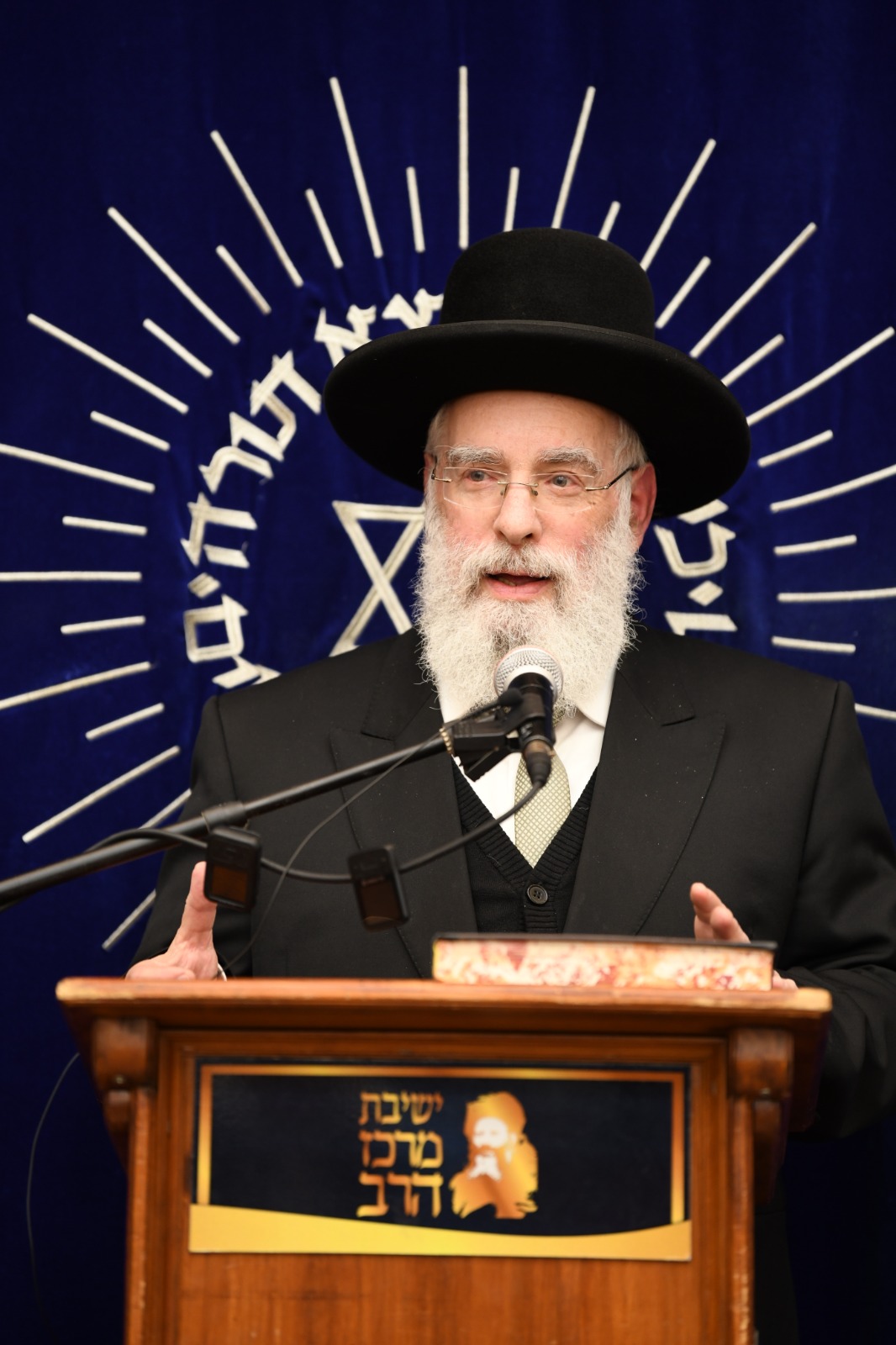On what basis did God single out Abraham to become Avraham Avinu, the forefather of the Jewish nation? Avraham achieved true greatness. How?
It is necessary to preface our study of this week’s parasha, with a simple, yet fundamental, question: Why did God choose Avraham?
Though Avraham’s personal history and character are developed extensively in the Midrash, the Torah offers very little insight as to who he was and why he was entrusted with the unique mission that would change the face of the entire world.
In fact, the Maharal notes that the only thing that the Torah tells us about Avraham is that he was Terach’s son. For comparative purposes, when the Torah introduces us to Noach, the Torah immediately qualifies that Noach was “a righteous man, perfect in his generations”, and thus explains why Noach was God’s preferred choice. On what basis did God single out Avraham to become Avraham Avinu, the forefather of the Jewish nation?
Avraham was a truth-seeker who came to recognize by God by observing the world that surrounded him. But Avraham did not limit his religiosity to his personal, profound spiritual experience. He sought to share it with the entire world.
Avraham travelled to Canaan with “the souls that they made in Charan, whom Rashi identifies as the people that Avraham taught to believe in God, together with his wife Sarah.
Avraham started a revolution. He travelled around the country, building altars to God, and invoking His great name. He educated the masses about God. He inspired people to believe.
In his discussion of the mitzvah to love God, Rambam cites Avraham Avinu as the classic example of someone who loved God: Our Sages also said that this mitzvah includes calling out to all mankind to serve God and to believe in Him.
Avraham, as a result of his deep understanding of God, acquired love for God, as the verse testifies, “Avraham, who loved Me. This powerful love therefore caused him to call out to all mankind to believe in God. (Sefer Hamitzvot)
Avraham was not content to live in his own bubble of deep faith and religious ideology. His love of God propelled him to reach out to the masses.
Though Avraham was not the first righteous individual to live, he was the first one who synthesized personal spiritual greatness with commitment to others.
-Adam Harishon was not concerned with himself at all. Rav Kook at Orot Hakodesh explains that when God asked Adam “Where are you? [Ayeka]”, He was essentially asking Adam why he had not actualized himself, why he had failed to cultivate his incredible personal potential.
-Kayin and Hevel (Cain and Abel) learned from this reproach and took things to the opposite extreme. They were entirely focused on their own growth, and they did not seek out others.
-Noach too, was inner-directed and did not reach out to the people of his generation.
-The generation that built the Tower of Bavel represented the other end of the spectrum. They united to achieve a goal that they believed was important to mankind, but they did not cultivate personal spiritual greatness. They saw strength in collaboration and did not prize the value of the individual. Pirkei D’Rabbi Eliezer notes that they were more distraught by a fallen brick, than a worker who fell from a scaffold..
The tension between these two extremes was resolved with the advent of Avraham Avinu. Avraham was a person of spiritual integrity, who cultivated his belief in God in a godless world and shared his faith with anyone and everyone who was ready to hear it.
Rav Kook (Orot) notes that this fusion is essential to successful religious leadership. A leader cannot isolate himself in pursuit of spiritual excellence and ignore the people around him, but a person who ignores his spirituality in order to serve the masses will not be much of a leader at all.
Avraham represented the synthesis of these two extremes, and this marked him as the ideal candidate to “Go forth…and I will make of you a great nation”.




